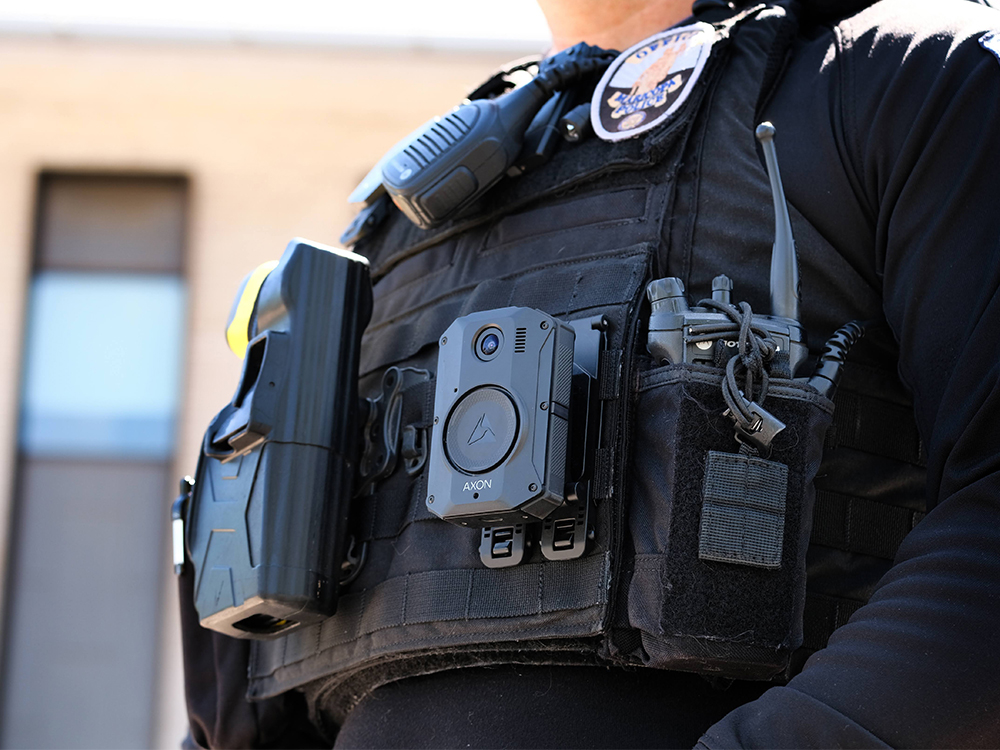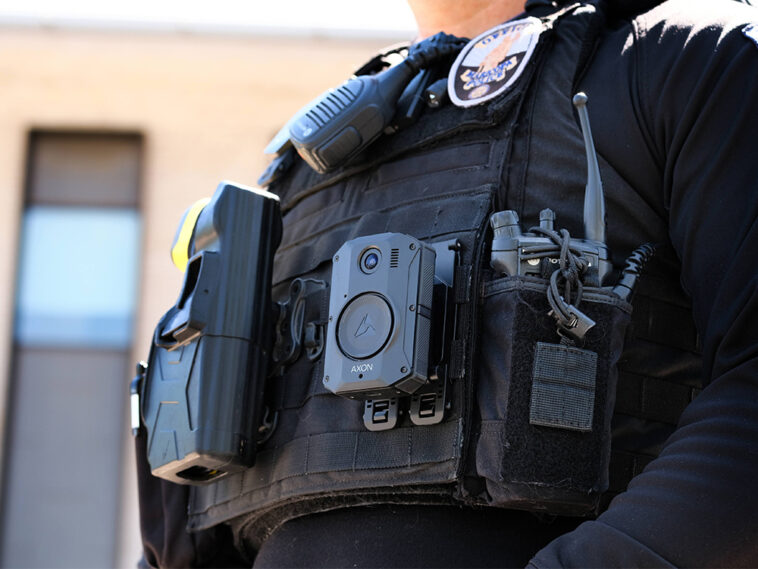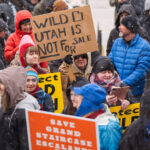 “`html
“`html
The Growing Impact of Police Body Cameras on Arizona’s Criminal Justice System
The implementation of police body cameras in Arizona has sparked a significant transformation in the landscape of criminal justice across the state. With agencies like the Phoenix Police Department adopting extensive body camera programs, these devices have become instrumental in shaping both defense strategies and prosecutorial efforts. However, their use has also raised critical questions concerning privacy and public accessibility. This editorial delves into the multifaceted implications of police body cameras, exploring how they influence the defense, evidence, and privacy issues in criminal cases within Arizona.
How Police Body Cameras Are Used in Arizona
Body-worn cameras have rapidly become a staple tool for law enforcement officers throughout Arizona. Designed to record real-time video and audio during interactions between police and the public, these cameras are employed during traffic stops, arrests, and other police-citizen encounters. Their primary aim is to enhance police accountability and public trust. In Arizona, officers are generally mandated to activate cameras during any significant interaction, including arrests and searches, ensuring there is a transparent record of the event. Through these recordings, police departments across Arizona hope to reduce complaints against officers and foster a higher degree of community confidence in local law enforcement.
The Role of Body Camera Footage as Evidence in Criminal Cases
In the realm of criminal cases, particularly in Arizona, police body camera footage serves as a pivotal piece of evidence. These recordings can confirm an officer’s account of an incident or, alternatively, provide defense attorneys with the necessary material to challenge the allegations against their clients. For instance, footage from a body camera can be critical in cases involving allegations of resisting arrest or assault on a law enforcement officer. On many occasions, discrepancies between video footage and police reports lead defense attorneys to question the reliability of the evidence being presented by the prosecution. This visual and auditory evidence can be a game-changer, potentially swaying the outcome in favor of the accused by providing an unbiased account of what transpired.
Privacy Concerns and Public Record Requests in Arizona
While body camera footage can enhance transparency, it also raises significant concerns regarding privacy. According to Arizona law, recordings made by body cameras can be classified as public records, making them accessible through public records requests. However, the release of such footage is not always straightforward. Law enforcement agencies may withhold footage if it pertains to ongoing investigations or involves sensitive content concerning minors or crime victims. This balance between transparency and privacy is delicate, requiring careful handling by policymakers and enforcement agencies to ensure the rights of all parties are respected. Consequently, many departments have established specific policies dictating the conditions under which footage can be accessed, trying to strike a balance between accountability and privacy.
How Defense Attorneys Use Body Camera Footage to Protect Clients’ Rights
Experienced criminal defense attorneys, such as those at the Guardian Law Group, recognize the immense value of body camera footage in mounting a robust defense. By analyzing these recordings, attorneys can uncover evidence of police misconduct, highlight discrepancies in police reports, and bring to light critical details that might otherwise remain hidden. For individuals facing criminal charges, especially in a city like Phoenix, body camera footage can be crucial in disproving allegations or mitigating the severity of charges. Experienced lawyers understand how to leverage this footage effectively, ensuring it supports their client’s narrative and challenges the prosecution’s case whenever inconsistencies and rights violations are evident.
The Future of Police Body Cameras in Arizona’s Legal Landscape
As police body cameras continue to gain prominence in Arizona, their role in shaping the legal landscape is likely to grow even further. The potential for these recordings to serve as impartial evidence makes them a valuable tool in facilitating justice, both for the accused and for victims of crime. However, as technology and its legal frameworks evolve, ongoing discourse surrounding privacy, transparency, and the fair use of body camera footage will be necessary. Policymakers and judicial authorities must work together to develop regulations that safeguard individual rights while promoting accountability and public confidence in law enforcement agencies.
Conclusion
The advent of police body cameras in Arizona has undoubtedly introduced a new dynamic to criminal defense strategies and prosecutorial processes. While offering clear advantages in terms of accountability and evidence reliability, these devices also necessitate careful consideration concerning privacy and public access. As we continue to navigate these complex issues, it is crucial to remember the overarching goal: fostering a just and equitable legal system that respects the rights of all individuals involved. Engaging with experienced legal professionals and understanding the implications of body camera footage can empower defendants and contribute to a more transparent and fair judicial process.
“`
Originally Post From https://guardianlawaz.com/police-body-cameras-arizona/
Read more about this topic at
Simple Assault Charge in Arizona: Defense Strategies
Aggravated Assault Charges in Arizona: Laws & Penalties


